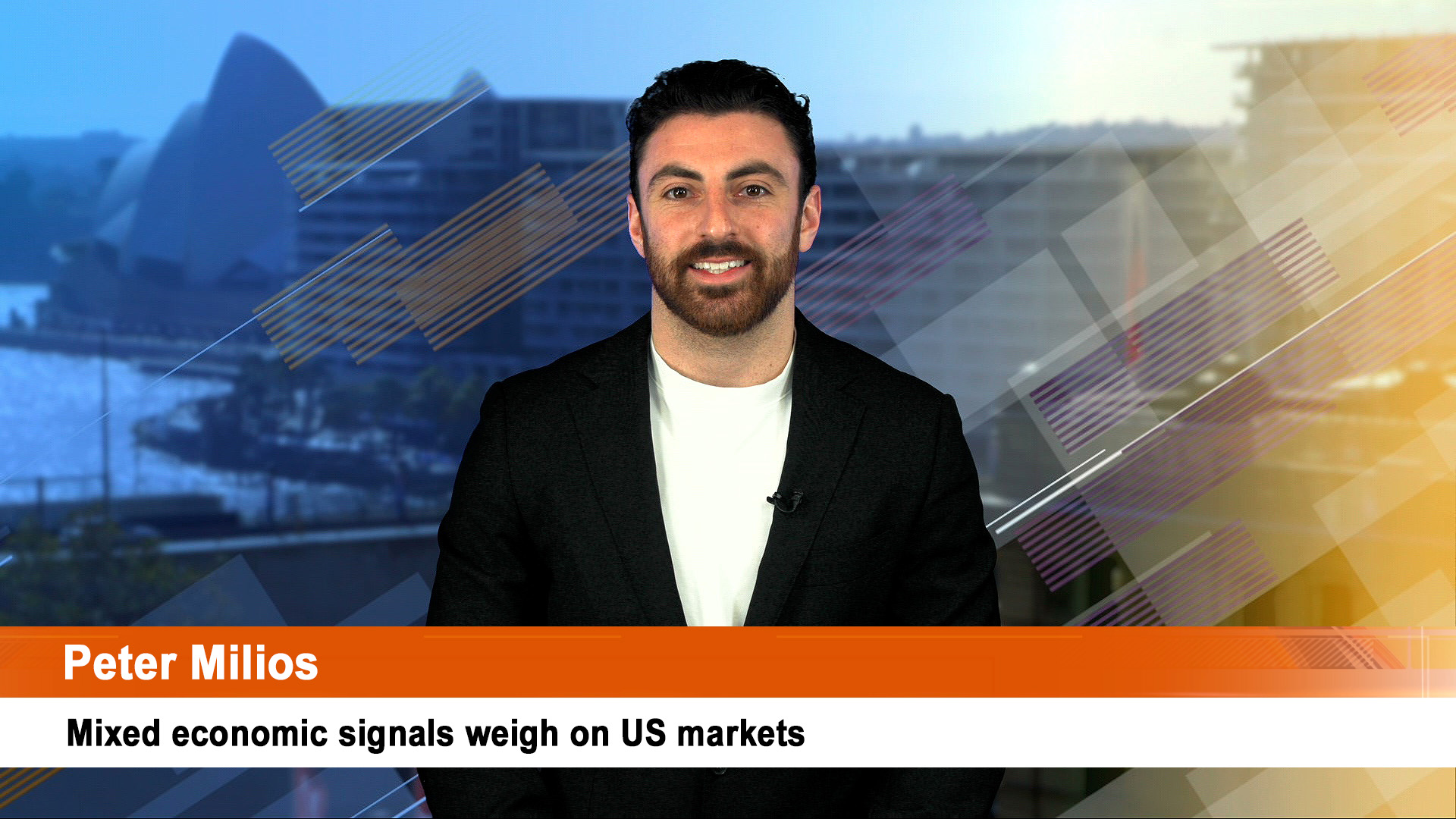The big test of Australia’s still frothy listed tech sector intensifies from today as investor luvvies like Afterpay Touch, Zip, and WiseTech Global come under renewed pressure from suddenly sceptical traders.
Friday saw a sell-off across the board after WiseTech Global prepared to refute a short seller’s claims of overstated profits and Afterpay Touch, Zip and other buy now pay later wannabees were hit when the Reserve Bank queried their current business models.
Afterpay Touch’s shares fell 15.6% last week after a 7.3% slide on Friday, Zip Co shares fell 6.2% on Friday to be down more than 21% in a week and WiseTech shares slumped 10.2% on Friday and lost 12.3% over the week.
WiseTech issued a statement on Friday after trading had closed for the week attempting to refute the claims of overstated profits made the day before by J Capital which claimed WisteTech had “overstated profit in the three years since WiseTech listed may be as high as $116 mln. That would be an overstatement of 178%.”
J Capital also alleged that the company is overstating its organic growth and has doubts over its European business.
WiseTech founder and CEO, Richard White, said in the after-hours statement:
“We are very concerned that the allegations in the document may mislead and manipulate the market to the detriment of WiseTech’s business and its shareholders, large and small. Our financials, our revenue, our profit, our growth rates, and our product have all been verified comprehensively and form part of the external independent audits conducted annually.”
From the opening of trading on Monday morning, investors will be able to test their belief or otherwise about WiseTech’s reply to J Capital’s claims. Friday’s sharp fall before the company released its reply tells us there are a lot of nervy investors out there.
Meanwhile, investors will continue to assess the impact of the Reserve Bank’s strong suggestion that it could intervene and change the rules that current benefit Afterpay and its buy now pay later (no interest) credit providers.
Currently, Afterpay (and its rivals) stop retailers from surcharging customers who pay using buy now, pay later schemes (BNPL). That’s different to customers who use credit cards. Seeing Afterpay Touch charges retailers up to 7%, they are taking a big hit on selling through its system. Afterpay customers are not charged a fee if they pay on time.
The RBA does allow retailers to recover costs of selling their products via differing forms of credit (but not Afterpay’s buy now pay later system which doesn’t charge its users interest)
But last week the RBA provided its most explicit signal yet that it could take “policy action” over the cost to merchants of accepting payments such as those organised under the buy now pay later system.
In the annual report of its Payments System Board, the RBA said a review next year would look at “no surcharge” rules imposed by BNPL operators.
“BNPL services are relatively expensive for merchants to accept and they usually restrict the ability of merchants to apply a surcharge to pass on these costs to the customers that directly benefit from the service,” the RBA said.
The RBA said merchants typically paid a “much higher” fee for using BNPL schemes than for credit or deposit cards, and they were prevented from passing this on in the form of surcharges.
“This can be problematic for merchants that feel compelled to offer BNPL services as a payment option for competitive reasons, but are unable to recoup the merchant fees from the customers that directly benefit from the service,” the RBA said.
“Accordingly, an issue for the bank is whether policy action in relation to these no-surcharge rules should be considered.”
The RBA has previously intervened in the credit card and debit card market to allow merchants to impose surcharges for these types of electronic payments.
The central bank noted a near doubling in payments processed in BNPL providers in Australia, to about $6 billion last financial year, from slightly more than $3 billion a year earlier.













